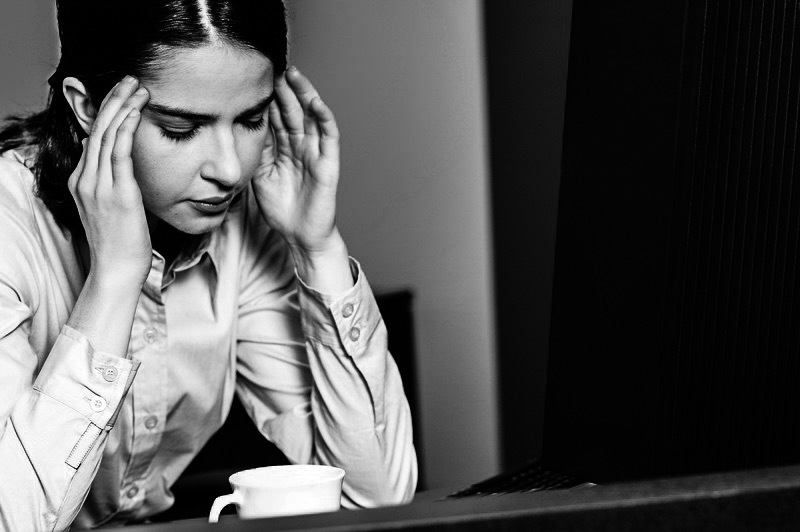Self care is really important. We all need to take time out for ourselves every now and then and if you want to improve your wellbeing it’s absolutely critical that you give yourself some time and space to recharge your batteries. Self care doesn’t always have to mean taking time off work or going away somewhere. Sometimes all it takes is a few minutes here or there to feel better.
This post contains Amazon affiliate links, meaning I may earn a small commission if you purchase through my links, at no extra cost to you. Note: We aim to provide accurate product links, but some may occasionally expire or become unavailable. If this happens, please search directly on Amazon for the product or a suitable alternative.
Yoga has been addressed as a form of self-care and exercise in this blog. It incorporates a number of tactics that are effective in reducing the negative consequences of anxiety. It’s quite acceptable if yoga doesn’t seem to be your thing. Instead, there are a variety of self-care techniques that you might employ.
The most essential thing is to set aside time for yourself that is solely for your enjoyment and benefit. Rather than finishing a chore or fulfilling another obligation in your life, you should use this time doing something you enjoy.
This is critical because the type of self-care you choose must actively stop the fight or flight cycle that your mind goes through when you are nervous if you are to successfully overcome the anxiety. Let’s take a closer look at this process and see how taking time for yourself can help you short circuit it in the future.
Regardless of whether the threat that is creating your worry is genuine or imagined, your mind and body will react in the same manner. It follows that the symptoms will be felt even if you are having a brief panic attack that has no rational basis.
The amygdala in your brain initiates a cycle that travels to the hypothalamus, where the response to threat is processed. These signals set off a chain reaction that results in the production of a variety of hormones. The stress hormones cortisol and adrenaline are the primary hormones involved in the stress response. Individual symptoms will vary, however the following are some examples:
- Shaking
- Tunnel vision
- Rapid heartbeat
- Dry mouth
- Dilated pupils
- Flushed face
- Digestive slowness
These sentiments add up to what is known as anxiety, which can result in a variety of unfavorable associations with a variety of different situations. It is necessary to halt the loop that begins in your brain in order to overcome these incapacitating symptoms.
This is where self-care comes into play. By proactively scheduling time to engage in something that will divert your attention away from your worry, you will be able to intentionally turn off the fight or flight reaction in your brain. Acts of self-care frequently have to do with your entire health.
When we think of the term “wellness,” things like eating well, exercising regularly, and engaging in beauty rituals are frequently the first things that come to mind. Self-care, on the other hand, may be nearly anything you enjoy doing that makes you feel comfortable.
Making a conscious decision to engage in a fun activity that is unlikely to cause stress is essential to selecting an effective technique of self-care. Choose something you enjoy doing, such as a favorite pastime, a regular social night with good friends, a hair appointment, a shopping excursion, or even simply some peaceful time to read a book.
You’ll be shocked at how much of a difference doing nice things for yourself can make in your anxiety levels and your overall outlook on life.
Want to get notified on new content?
Get email updates when new posts and articles are available.
» Yes! Sign me up for free updates.









